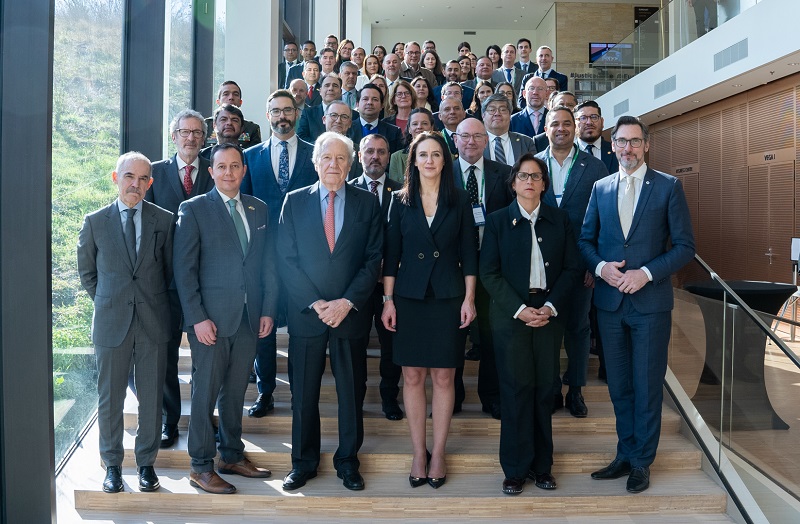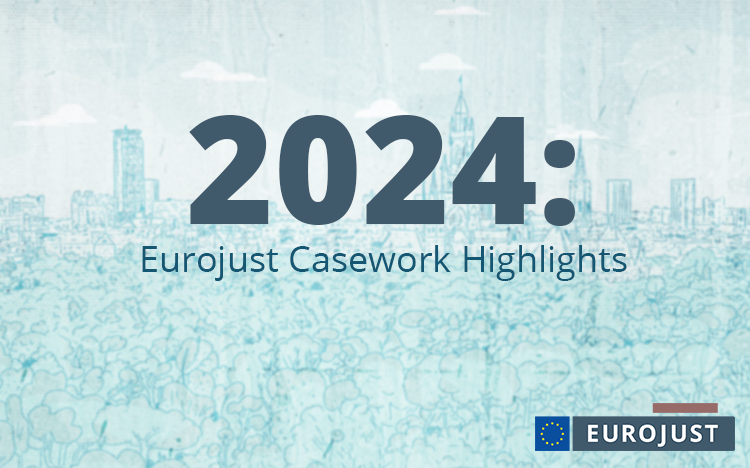Europol has released its 2025 serious and organised crime threat assessment, which discusses how Russia and other state actors are driving an increase in politically motivated cyber-attacks and sabotage of infrastructure and public institutions in the EU. In connection with this release, Andy Norton, European Cyber Risk Officer at Armis, shares his views on cyberwarfare no longer being about one-off attacks – but instead a continuous, hybrid assault designed to erode trust and destabilise nations over time. Continue reading…
Gone are the days when organisations could simply promise a speak up culture. Today, fostering a culture of trust, integrity, and a positive work environment…
Download whitepaper








